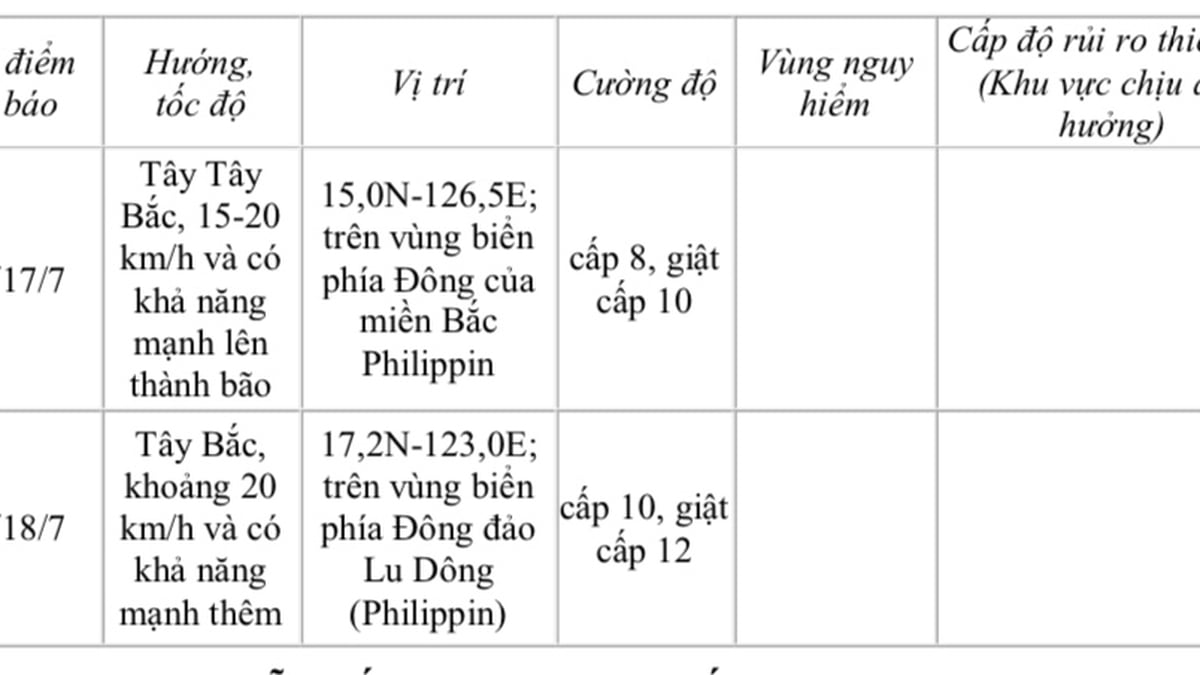The court ruled in a case brought by a couple working in the financial services industry who sought to have critical articles about their investment model removed from Google.

Photo: DPA
How did the court rule?
The couple accused a US website of deliberately publishing negative reports with the intention of blackmailing them. Google has not removed links to the articles, saying it cannot know whether the allegations are true.
The court rejected the couple's request to have Google remove links about them from search results. The judge said the plaintiffs had failed to prove the content was false.
However, the court ordered Google to remove the thumbnail images of the articles that appeared when their names were searched. “It is unjustifiable to display the Plaintiff’s photo, which has no meaning in itself, as a thumbnail image without any context,” the court said.
The ruling builds on an earlier ruling by the European Court of Justice (ECJ) on the so-called "right to be forgotten".
Last December, the ECJ ruled that individuals must prove that the information they want removed about them is false. Search engines like Google, on the other hand, are not required to remove such content.
What is the "right to be forgotten"?
The “right to be forgotten” or right to erasure means that people have the right to ask internet organisations to delete their personal data.
Under EU law, organisations must delete the data of affected individuals within a month – although they are not always obliged to do so.
If personal data no longer serves the original purpose for which it was collected or if it is used for advertising or illegal purposes, it must be deleted in accordance with EU regulations.
But in some cases, Google or other search engines are not required to remove content. For example, if the data is being used for legal or public health purposes, if the data serves a public health interest, or if the use of the data falls under freedom of speech.
Mai Anh (according to AFP, DPA, DW)
Source




















































![[Maritime News] More than 80% of global container shipping capacity is in the hands of MSC and major shipping alliances](https://vphoto.vietnam.vn/thumb/402x226/vietnam/resource/IMAGE/2025/7/16/6b4d586c984b4cbf8c5680352b9eaeb0)













































Comment (0)